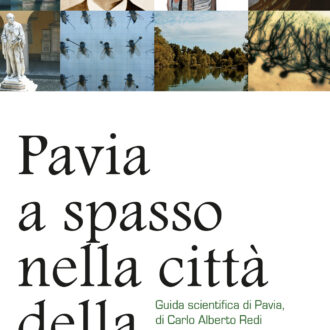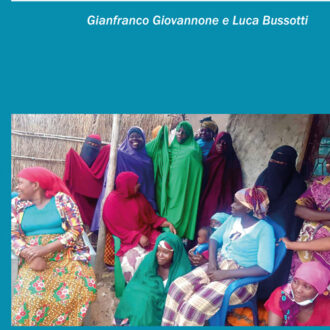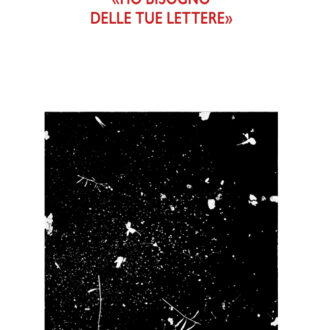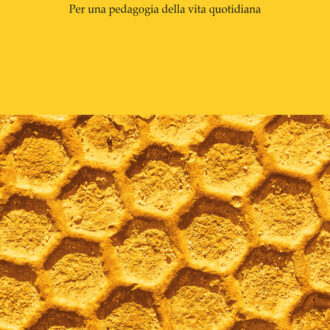ABSTRACT
Par rapport à un ‘‘classicisme’’ désincarné et idéalisé par les partisans de la tragédie régulière, le théâtre de Shakespeare ne pose pas seulement des problèmes liés à ses «irrégularités» dramaturgiques: son langage allusif et sexuellement connoté est contraire au bon goût français, et la nature protéiforme de ses héros tend à brouiller les identités de ses personnages. En gardant à l’esprit la relation qui se tisse entre amitié masculine, code homosocial et désir sexuel, j’interrogerai un corpus de traductions/adaptations françaises du XVIIIe siècle d’oeuvres de Shakespeare, selon trois significations possibles que l’on peut rattacher au terme queer: je m’intéresserai tout d’abord à l’inversion des rôles sexuels dans Roméo et Juliette et ses adaptations; j’analyserai par la suite l’utilisation pervertie du code homosocial dans Othello et pour finir une scène de Troïlus et Cressida, où ce même code prend des proportions encore différentes.
In contrast to a disembodied ‘classicism’ idealized by the supporters of regular tragedy, Shakespeare’s theatre does not only pose problems linked to dramatic ‘irregularities’ but also for its allusive and sexually connoted language as well as the protean nature of its heroes which blurs their identities both in the text and in the performance. I will examine a corpus of French 18th century translations / adaptations of Shakespearian works, with a specific focus on the relationship between male friendship, homosocial code and sexual desire. The analysis will focus on three possible meanings that can be linked to the term ‘queer’: I will focus on the reversal of sex roles in Romeo and Juliet and its adaptations; I will then analyze the plastic and ambiguous identity of Iago in Othello and finally a scene from Troilus and Cressida, where this homosocial code takes on even different proportions.












Recensioni
Ancora non ci sono recensioni.